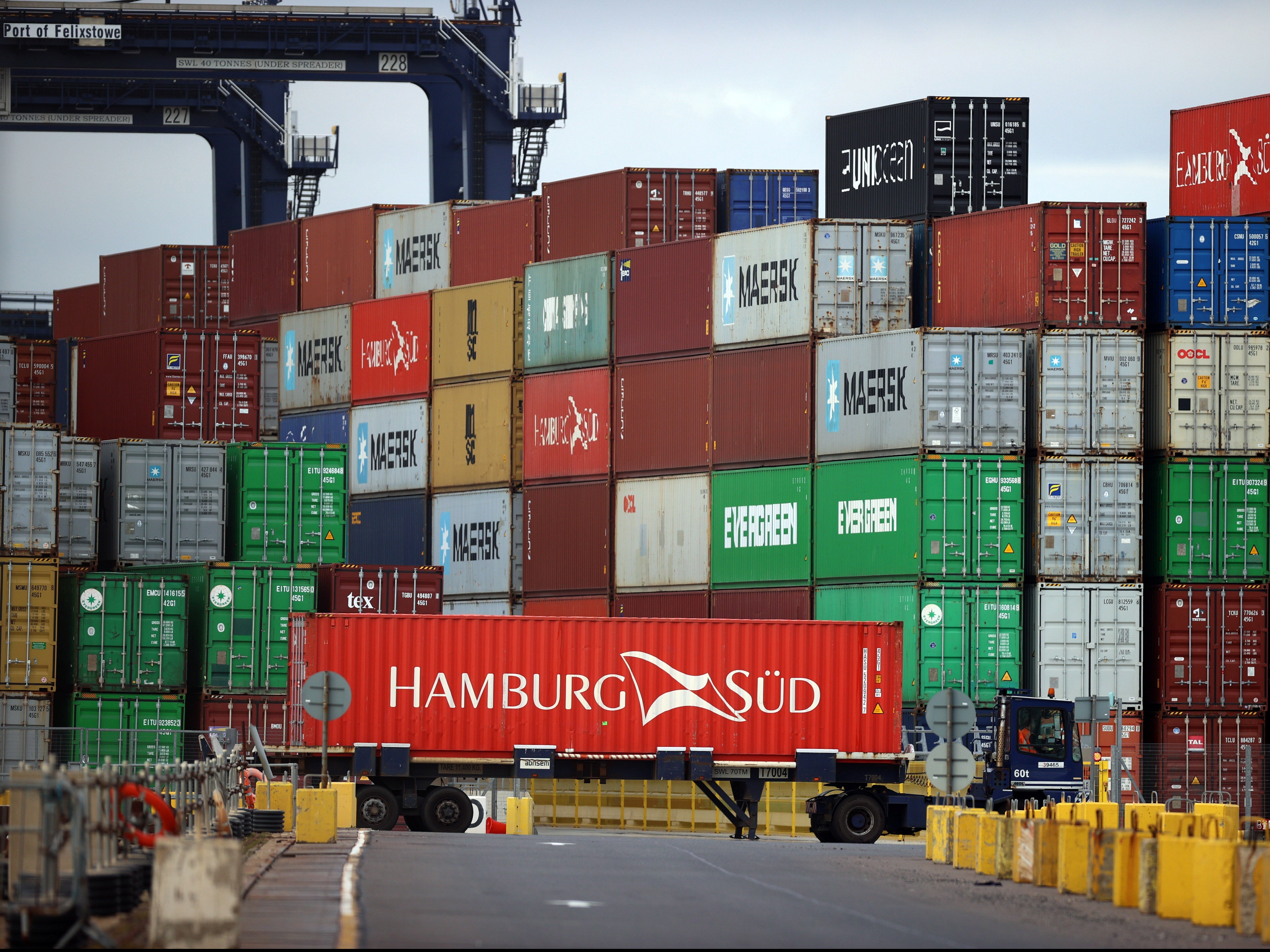UK arms exports delayed ‘for up to six months’ due to Brexit
‘Economic disaster affecting everybody’, says select committee chief

Your support helps us to tell the story
From reproductive rights to climate change to Big Tech, The Independent is on the ground when the story is developing. Whether it's investigating the financials of Elon Musk's pro-Trump PAC or producing our latest documentary, 'The A Word', which shines a light on the American women fighting for reproductive rights, we know how important it is to parse out the facts from the messaging.
At such a critical moment in US history, we need reporters on the ground. Your donation allows us to keep sending journalists to speak to both sides of the story.
The Independent is trusted by Americans across the entire political spectrum. And unlike many other quality news outlets, we choose not to lock Americans out of our reporting and analysis with paywalls. We believe quality journalism should be available to everyone, paid for by those who can afford it.
Your support makes all the difference.UK arms manufacturers have been hit by long delays in attempts to export weapons overseas because of Brexit red tape, a leading trade body has told MPs.
The Engineering and Machinery Alliance (EMA) said some firms are “waiting for up to six months” for government licences to export into the EU – despite the target time for approval being two weeks.
Jack Semple, director of policy at the alliance, told MPs on the international trade committee that the industry blames the Export Control Joint Unit (ECJU) for failing to anticipate time-consuming Brexit red tape.
“The ECJU’s target for granting or rejecting license applications is two weeks, but firms report waiting for up to six months,” he said in written evidence. “Firms have lost not only specific orders but also suffered reputational damage, undermining their export potential.”
Mr Semple called on the government to introduce “new, more efficient systems”, adding: “We are a smart nation, full of smart people – we can do better.”
The Scottish National Party’s (SNP) Angus MacNeil, chair of the international trade committee, said the shipment delays was “symptomatic of the lack of preparedness” for Brexit.
Calling the UK’s exit from the EU “a project of bluster”, Mr MacNeil added: “There’s almost no sector untouched … Brexit is an economic disaster affecting everybody.”
Labour MP Nick Thomas-Symonds, shadow international trade secretary, said that “given how much time, public money and preparation went into our withdrawal from the EU, you would have thought that ministers would have had some more foresight and planned for this.”
The frontbencher added: “It’s staggering that the government’s export unit did not anticipate that extra resources would be needed to process licences for exports to the EU from the UK.
“Ministers need to get a grip and ensure they get export licenses out to business as soon as possible.”
A trade department spokesperson told Politico – which first reported on the hold-ups – that the ECJU “processes license applications as quickly as possible, striving to conclude 70 per cent of standard individual export license applications within 20 working days and 99 percent within 60 working days”.
The spokesperson added: “Due to the robustness of our export controls regime, some destinations remain more challenging and will take longer than our target times to complete.”
It comes as retailers and hauliers warned that British shoppers could see less choice of food and steep price increases as EU suppliers shun the UK over customs controls brought into force on 1 January.
James Withers, chief executive of Scotland Food and Drink, said export controls introduced in 2021 had been “terminal” to some UK food businesses’ EU sales.
“The same may happen under the new UK import controls brought in this year. Some EU businesses may decide there are just easier places to do business than the UK,” he said.
Meanwhile, the Unite union said this week that the Brexit customs controls were causing significant delays at the port of Dover – with each driver taking 10 to 20 minutes to clear checks.
Adrian Jones, Unite’s national officer for road transport, told The Independent: “The queues and the delays are only going to get longer as both tourism and commercial trade pick up in the weeks ahead.”
Greater disruption has been reported at the French port of Calais because of additional red tape needed for imports from the EU into the UK since the start of January.
Join our commenting forum
Join thought-provoking conversations, follow other Independent readers and see their replies
Comments